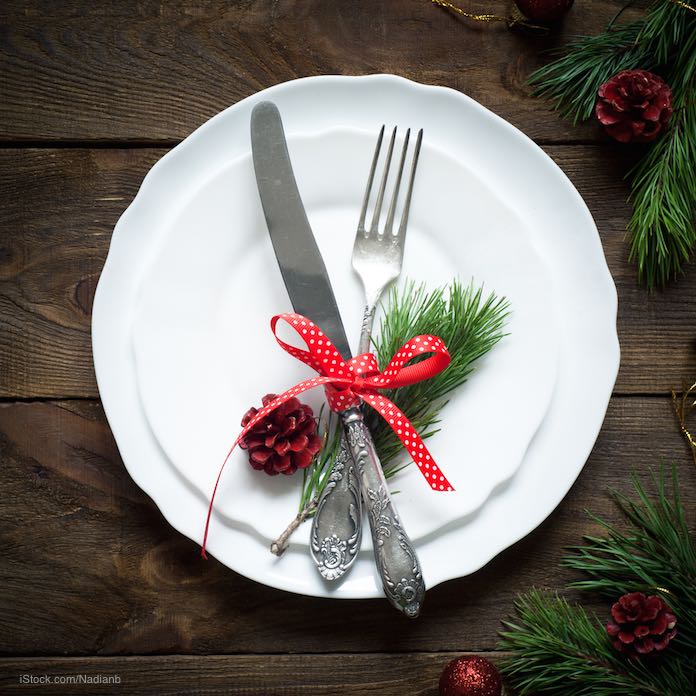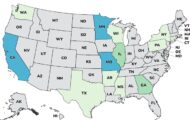Center for Science in the Public Interest is helping consumers stay safe and avoid food poisoning this holiday season. Cooking food to safe internal temperatures, avoiding cross-contamination, and handling leftovers properly are all key.

For instance, don’t eat raw cookie dough. In 2016, an E. coli outbreak that sickened 63 people was linked to General Mills flour. Seventeen people were hospitalized because they were so sick. In that outbreak, three children were sickened when a restaurant gave them raw dough to play with. Never eat raw dough or batter, and be very careful when handling raw flour. In fact, check your pantry now to see if you may have some of the recalled products.
Another problematic ingredient is raw cider. Unpasteurized cider is about as risky as raw milk. In 2015, E. coli in High Ranch unpasteurized apple juice sickened seven people. Pasteurization is a simple process that involves heating the liquid briefly to a temperature high enough to kill pathogenic bacteria.
Do you enjoy eggnog over the holidays? Make sure that any eggnog you buy and drink is not made with raw unpasteurized eggs. Most ready-made eggnog is pasteurized. If you make it yourself and choose to use raw eggs, heat the eggnog to 160°F (and test it with a thermometer) to kill bacteria.
Meat and poultry are often contaminated with E. coli and Salmonella bacteria. Always use a food thermometer when you cook with those ingredients. Even solid cuts of meat such as steak and roasts should be cooked to certain minimum temperatures. Steaks, roasts, and chops sold be cooked to 145°F with a three minute rest time. Poultry, including duck, turkey, and chicken and ground poultry products, needs to reach 165°F. And all ground beef and pork should be cooked to 160°F.
Vegetables and fruits are often linked to food poisoning outbreaks. In fact, leafy greens are one of the main vehicles for pathogenic bacteria.
If you buy precut fruits and veggies for your holiday meals, only purchase them if they are refrigerated or displayed on ice. Always separate raw meat, poultry, and seafood from foods that are going to be eaten uncooked. Wash fruits and vegetables under running water before you prepare them. Scrub firm produce like cucumbers and melons with a clean produce brush. And don’t rinse bagged, pre-washed salad greens or you may contaminate them.
Finally, handle all holiday leftovers and everyday leftovers properly. Refrigerate all foods after they have been out at room temperature for 2 hours. Remember that reheating leftovers will not make them safe, since many bacteria produce toxins that are impervious to heat. Cool leftovers promptly. Place stews and soups and casseroles in shallow containers and make sure the food is only 2″ thick. And use leftovers within 4 days; stuffing and gravy should be used within 2 days.




